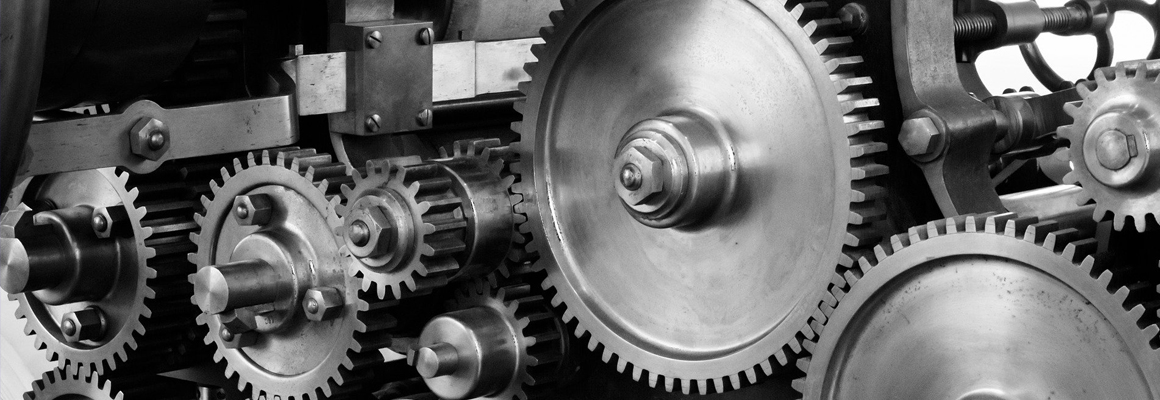Essential Guide to Oil Seals For Cars Explained
Sep. 12, 2025
Understanding the intricacies of oil seals for cars is crucial for maintaining the performance and longevity of your vehicle. These seals play a vital role in preventing leaks, ensuring that the engine and transmission systems operate efficiently. Let's delve into the essential aspects of oil seals for cars, their functions, types, and maintenance tips.
Are you interested in learning more about Oil Seals For Cars? Contact us today to secure an expert consultation!
What are Oil Seals?
Oil seals, also known as shaft seals, are components designed to prevent the leakage of lubricants and to keep external contaminants from entering the engine or transmission. They are typically made from rubber or other resilient materials and fit snugly around rotating elements, such as crankshafts or camshafts. By creating a tight barrier, oil seals are instrumental in maintaining lubrication within the vehicle’s vital systems.
The Importance of Oil Seals in Vehicles
Oil seals for cars serve several critical functions:
- Leak Prevention: They ensure that oil stays contained within the engine and transmission, preventing messes and costly fluid loss.
- Contamination Protection: Oil seals protect internal components from dirt, dust, and moisture, which can cause wear and tear over time.
- Performance Maintenance: By preventing leaks, they help maintain optimal oil pressure and engine performance, leading to better fuel efficiency and reduced emissions.
Types of Oil Seals
There are various types of oil seals for cars, each suited for specific applications:
Further reading:7 Essential Benefits of Kia Oil Seal Solutions for Your Vehicle
- Rotary Seals: Used mainly for shafts, these seals are designed to handle rotary motion and are found in engine components.
- Greasable Seals: These seals allow for lubrication and are commonly used in wheel bearings and differentials.
- Spring-Loaded Seals: They feature a spring that applies pressure against the sealing surface, enhancing performance and effectiveness.
Common Issues with Oil Seals
Top Solutions for Common Agricultural Machine Oil Seal Maker Issues
What Are the Benefits of Farm Machinery Oil Seal Products?
Despite their durability, oil seals for cars can encounter several issues over time:
- Wear and Tear: Constant exposure to heat and friction can cause the rubber to degrade, leading to leaks.
- Incorrect Installation: Improper installation can compromise the seal, causing leaks from the start.
- Contaminated Oil: Using subpar or contaminated oil can accelerate the deterioration of seals, leading to premature failure.
Maintenance Tips for Oil Seals
Maintaining the integrity of oil seals is essential for the overall health of your vehicle:
- Regular Inspections: Periodically check for any signs of leakage or wear around seals, especially after long drives or maintenance work.
- Use Quality Fluids: Ensure you are using the right type and quality of oil as recommended by your vehicle's manufacturer to protect the seals.
- Record Vehicle History: Keeping a log of any repairs or replacements related to oil seals can help anticipate future issues.
When to Replace Oil Seals
Identifying when to replace oil seals is crucial for avoiding major repairs:
- Visible leaks around oil seals.
- Oil spots under the vehicle.
- Unusual noises from the engine, indicating fluid loss.
In conclusion, oil seals for cars are critical components that ensure your vehicle operates smoothly and effectively. Regular maintenance and awareness of potential issues can prolong their lifespan and boost your car’s performance. Taking proactive steps will ultimately safeguard your investment and enhance your driving experience.
If you want to learn more, please visit our website Automotive Oil Seal.
172
0
0
All Comments (0)
If you are interested in sending in a Guest Blogger Submission,welcome to write for us!




Comments